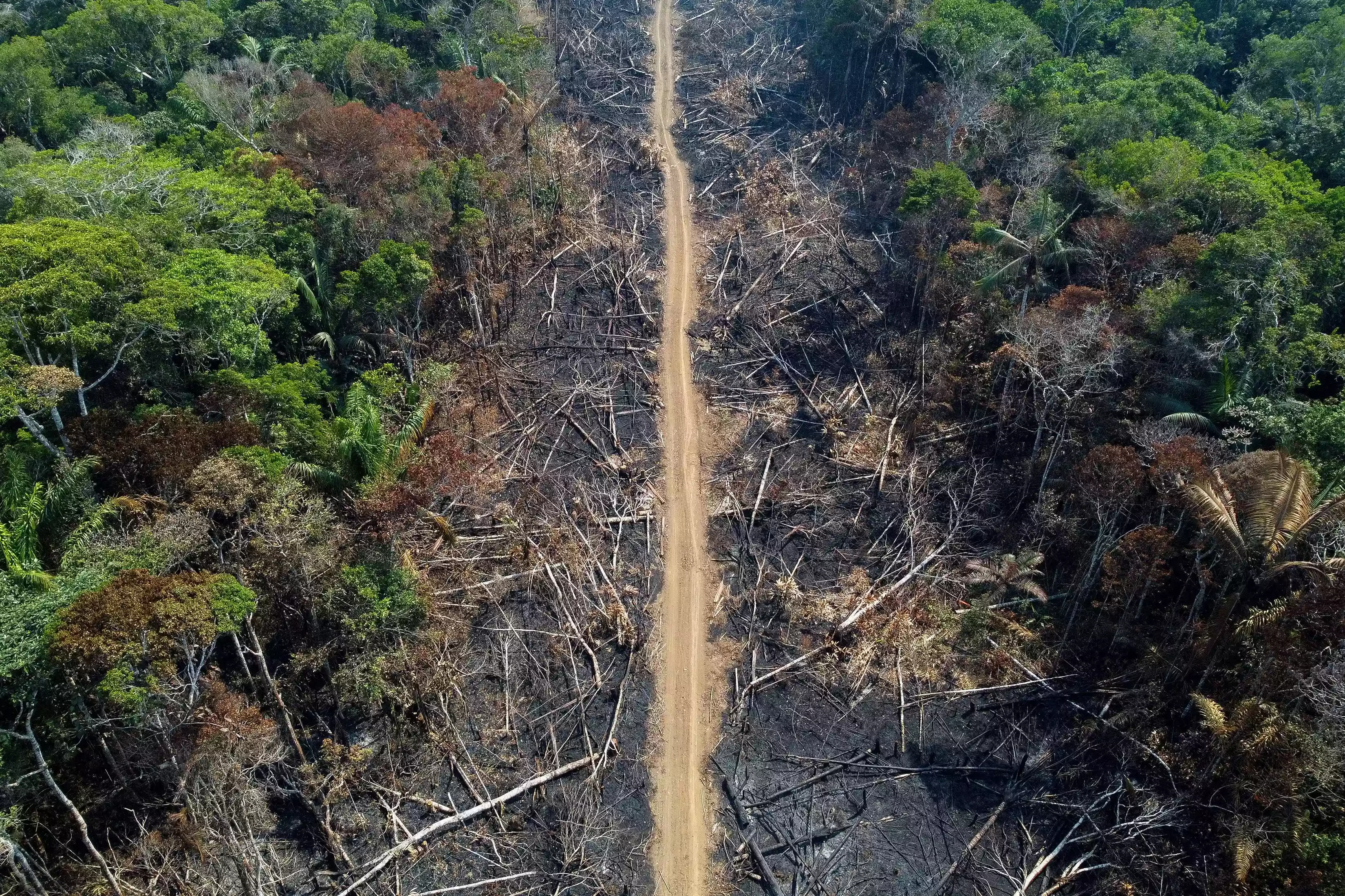
Look, I know I might come across as a little impatient, but I can’t help it – I’m just so darn tired of waiting for world leaders to get their act together on climate change. Every time I turn on the news, it’s the same old story; empty promises, watered-down policies, and a whole lot of finger-pointing. Enough is enough!
That’s why I’ve been eagerly awaiting the arrival of climate sanctions. You know, those economic penalties that countries and companies would face if they don’t meet their emissions reduction targets. Call me an optimist, but I truly believe those could be the game-changer we need.
Just imagine it: fossil fuel giants suddenly find it unprofitable to keep drilling and burning. Deforestation-driving industries facing stiff import tariffs.
Of course, I know it won’t be all sunshine and rainbows. There will be plenty of screaming and wailing from the big polluters and their political allies. They’ll claim that climate sanctions will cripple the economy, destroy jobs, and make everyone’s life miserable. But you know what I say to that? Bring it on!
As the world grapples with the escalating climate crisis, policymakers and global leaders are increasingly recognizing the critical need to leverage economic pressure as a means of driving climate action. Climate sanctions have emerged as a powerful tool in this regard, offering the potential to incentivise emissions reductions, promote sustainable practices, and hold the biggest contributors to the crisis accountable.
The scientific consensus is clear — human-induced climate change threatens our planet and our way of life. Urgent action is required to reduce greenhouse gas emissions and transition to a low-carbon global economy. However, progress has been frustratingly slow, with many nations and corporations prioritising short-term profits over long-term sustainability.
This is where climate sanctions come into play. Targeted economic penalties on the worst offenders, climate sanctions could create tangible financial incentives for change. They can be tailored to specific sectors, industries, or even individual entities, sending a clear message that the international community will no longer tolerate inaction or obstructionism in the face of the climate emergency.
Climate sanctions have the potential to catalyze broader systemic shifts, making it costlier to continue with environmentally damaging practices, they can spur innovation, investment, and the adoption of clean technologies. This, in turn, can create new economic opportunities and job prospects in the growing green economy, further reinforcing the business case for climate action.
- Over 400 nabbed for environmental violations
- Over 400 nabbed for environmental violations
- Rising charcoal demand threatens Mat North forests
- Zim trees bear brunt of power crisis
Keep Reading
Despite the clear benefits of climate sanctions, their implementation has faced significant political and economic headwinds. Fossil fuel-dependent nations and industries have often resisted such measures, arguing that they unfairly burden certain economies and sectors. There are also concerns about the potential for unintended consequences and the risk of retaliatory actions.
However, the tide is slowly turning. In recent years, we have seen a growing number of initiatives and proposals for climate-focused sanctions, both at the national and international levels. The European Union, for instance, has been exploring the possibility of a carbon border adjustment mechanism, which would impose tariffs on imports from countries with weaker climate policies.
This proposal is to tax imported goods based on their carbon emissions, under a sweeping climate package that includes an ambitious plan to tax the carbon content of imported goods which will complement tariffs and other efforts.
Similarly, the United States is pushing to introduce legislation aimed at sanctioning countries and companies that fail to meet their emissions reduction commitments. The Targeting Environmental and Climate Recklessness Act would “restrict access to the US financial system for those individuals and companies most responsible for exacerbating climate change.”
Discussions are also ongoing on complementary legislative actions by Democrats in the US Congress to tax major oil and gas companies. The draft legislation directs the Treasury Department and the Environmental Protection Agency to identify the companies that released the most greenhouse gases into the atmosphere from 2000 to 2019 and assess a fee based on the amounts they emitted.
Imposing sanctions on non-compliant parties to international agreements or corporations perpetrating the worst climate damage is a viable remedy for international cooperation failure in efforts to avoid catastrophic climate change.
The increasing frequency and severity of climate-related disasters, coupled with mounting public pressure, is creating a sense of urgency that is making it harder for policymakers to ignore the need for bold action. As the costs of inaction become ever more apparent, the political landscape may shift in favor of more robust climate-related sanctions.
In the face of the climate crisis, traditional approaches to environmental protection have proven insufficient. Climate sanctions offer a crucial opportunity to leverage economic power in the service of environmental sustainability and climate justice.









